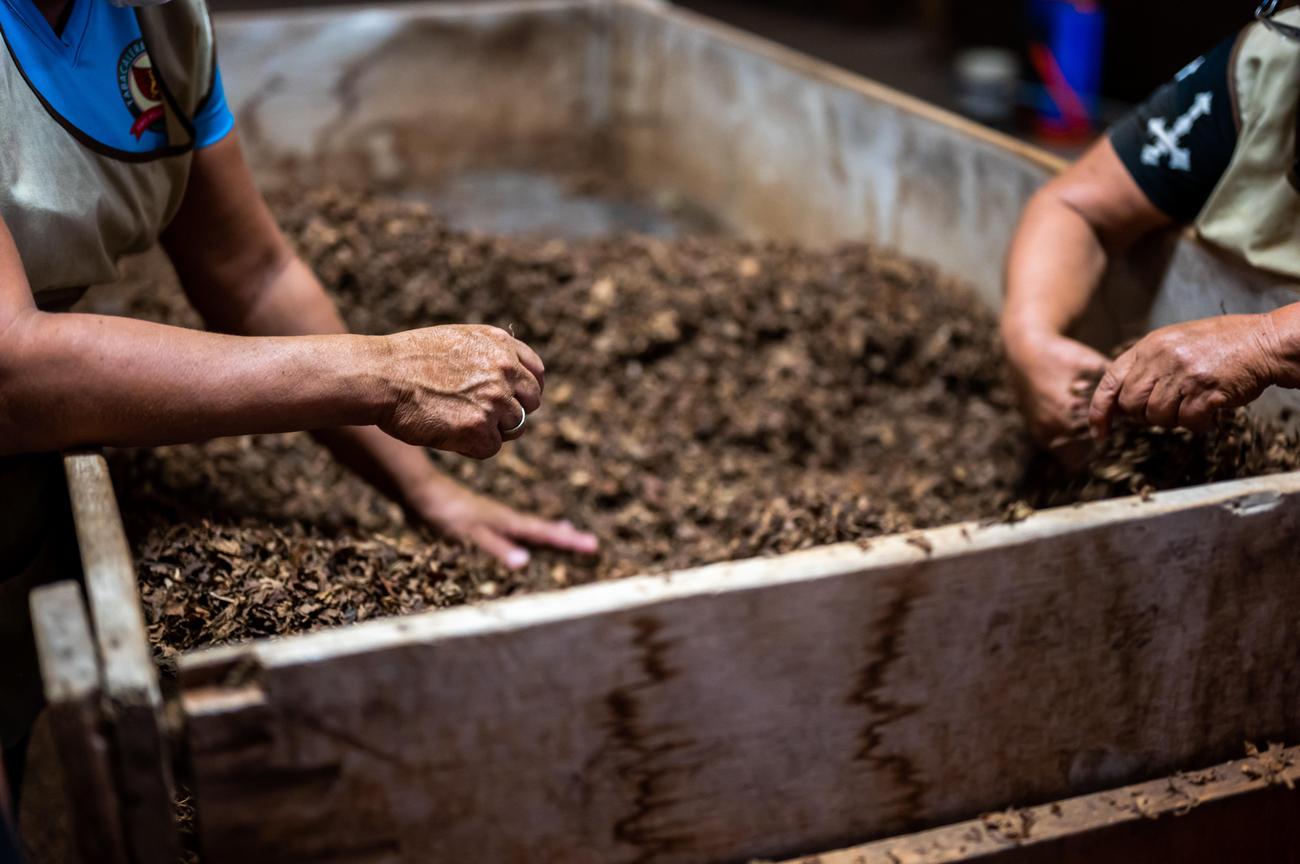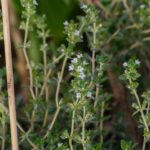Composting is not only a great way to reduce organic waste, but it also provides endless benefits for a healthier environment and thriving gardens. However, with so many compost bin types available, choosing the right one can be overwhelming. Whether you have a small balcony or a vast backyard, this article will guide you through the world of compost bin types, helping you find the perfect fit for your needs and lifestyle. So get ready to dig into the world of composting and discover the ideal compost bin type that will turn your organic waste into nutrient-rich gold!

Compost Bin Types
When it comes to composting, choosing the right compost bin type is crucial. The type of bin you select will depend on your needs, available space, and level of involvement in composting. In this guide, we will explore different compost bin types and their benefits.
Stationary Compost Bins:
Stationary compost bins are a popular choice for those who want a simple and low-maintenance option. These bins have an open bottom, allowing beneficial microorganisms and worms to enter and speed up the composting process. With stationary bins, you can add organic waste at the top and harvest compost from the bottom. This type of compost bin is best suited for individuals with limited space or those who do not want to invest much time or effort into composting.
“Stationary compost bins are a convenient choice for beginners or those with limited space. They provide a hassle-free composting experience while still yielding great results.”
Tumbling Compost Bins:
For those seeking a more efficient and durable option, tumbling compost bins are worth considering. These bins are designed to be rotated, which helps mix and aerate the compost inside. This constant turning speeds up the composting process and results in finished compost more quickly. Tumbling compost bins are also more resistant to critters and pests. They are an excellent choice for individuals who want faster composting and have a larger amount of organic waste to process.
“Tumbling compost bins are like fitness machines for your compost. They make composting easier, faster, and more enjoyable.”
Worm Compost Bins:
Worm compost bins, also known as vermicompost bins, utilize the power of worms to break down organic waste and convert it into nutrient-rich fertilizer. These bins are specifically designed for indoor and outdoor use. They are a great option for apartment dwellers or homeowners without a yard, as they can easily be placed in a small space. The worms in these bins eat kitchen scraps and produce castings, a highly concentrated form of compost. Worm compost bins are ideal for individuals who want to reduce their food waste and have a steady supply of high-quality fertilizer.
“Worm compost bins are like miniature ecosystems, with worms diligently working to transform your kitchen scraps into ‘black gold’ for your plants.”
In-Ground Compost Bins:
If you prefer a more discreet composting option, in-ground compost bins might be the perfect fit for you. These bins are buried in the ground, allowing you to compost without having a visible bin in your yard. The underground environment provides insulation and helps regulate moisture, resulting in efficient composting. In-ground compost bins are an excellent choice for individuals who want a seamless integration of composting into their garden or landscape.
“In-ground compost bins are the hidden gems of composting. They blend seamlessly into your garden, providing compost without disrupting your aesthetic.”
Food Waste Digester Bins:
For those specifically looking to compost food waste, food waste digester bins are a fantastic solution. These bins are designed to handle food scraps and other organic materials. They contain airtight compartments that speed up the decomposition process and prevent odors. Food waste digester bins are compact and can be placed in small spaces such as kitchens or balconies. They are an excellent choice for individuals who want to minimize their environmental footprint and turn their food waste into valuable compost.
“Food waste digester bins are like magic boxes that transform your food scraps into rich compost, while keeping your kitchen smelling fresh.”
Electric Compost Bins:
If you’re looking for a high-tech solution that accelerates the composting process, electric compost bins may be the answer. These composting systems use electricity to create the optimal conditions for decomposition, including temperature control and aeration. Electric compost bins can produce compost in as little as a few weeks. They are suitable for individuals who want a fast and efficient composting experience, but they require a higher level of involvement and maintenance.
“Electric compost bins are like composting genies, granting your wish for fast and hassle-free composting.”
Plastic Compost Bins:
Plastic compost bins are a versatile option that works well for small spaces. These bins are lightweight, easy to assemble, and retain moisture and heat, ensuring optimal composting conditions. Plastic compost bins come in various sizes and designs, making them suitable for individual needs. They are an excellent choice for beginners or individuals who want a simple and cost-effective composting solution.
“Plastic compost bins are like little greenhouses for your compost, creating a cozy and nutrient-rich environment for decomposition.”
Wooden Compost Bins:
For those who prioritize large-scale composting and a natural aesthetic, wooden compost bins are the way to go. These bins are usually modular, allowing you to expand or customize their size. Wooden compost bins provide ample space for composting and produce a significant amount of compost. They are ideal for individuals with a large plot or those who have substantial amounts of organic waste to process.
“Wooden compost bins are like composting workhorses, delivering copious amounts of nutrient-rich compost for your garden.”
Hot Compost Bins:
Hot compost bins are designed for individuals who want to produce high-quality compost quickly. These bins allow for decomposition at higher temperatures, which accelerates the composting process. Hot composting can kill weed seeds and pathogens, resulting in finer and more nutrient-dense compost. However, hot composting requires more attention and effort compared to other methods. It is suitable for individuals who are experienced in composting and have a higher level of involvement.
“Hot compost bins are like composting laboratories, providing optimal conditions for the ‘gold standard’ of compost.”
Choosing the Right Compost Bin:
When choosing a compost bin, it’s essential to consider the size of your plot, design of your garden, and the amount of compost you want to produce. Each compost bin type has its advantages and considerations. Take your time to evaluate your needs and select the compost bin that aligns with your preferences and lifestyle.
“Remember, choosing the right compost bin is the first step towards a successful and rewarding composting journey.”
Compost Bin: Looking for a greener way to dispose of your kitchen waste and nourish your garden? Our compost bin is the perfect solution! Say goodbye to throwing away valuable nutrients and hello to creating rich, fertile compost that will supercharge your plants. Simply click here to explore our range of compost bins and start your eco-friendly journey today. Don’t miss out on this opportunity to transform your waste into wonders for your garden. Compost Bin
FAQ
Q: What is a stationary compost bin?
A: A stationary compost bin is a type of compost bin that has an open bottom, allowing beneficial microorganisms and worms to enter and speed up the composting process.
Q: Are tumbling compost bins more durable than traditional bins?
A: Yes, tumbling compost bins are generally more durable than traditional bins, making them a long-lasting option for composting.
Q: What are worm compost bins used for?
A: Worm compost bins are specifically designed for indoor and outdoor use, and they convert kitchen scraps into fertilizer with the help of worms.
Q: How do in-ground compost bins work?
A: In-ground compost bins are buried in the ground, providing a natural environment for composting. Organic waste is added to the bin, and the composting process occurs underground.
Q: What are food waste digester bins?
A: Food waste digester bins are compost bins specifically designed for composting food waste. They effectively break down food scraps and convert them into compost.
- Mastering Leader in Spanish: The Complete Guide - April 19, 2025
- Uncovering Surprising Parallels: England Size Compared to US States - April 19, 2025
- Old Mexico Map: Border Shifts 1821-1857 - April 19, 2025
















